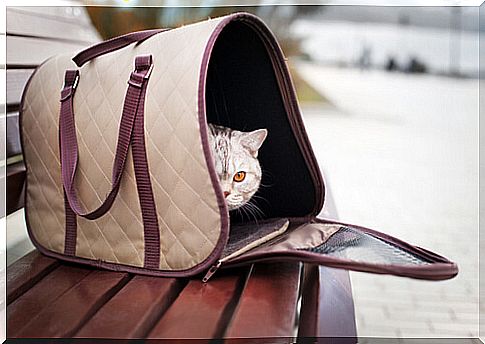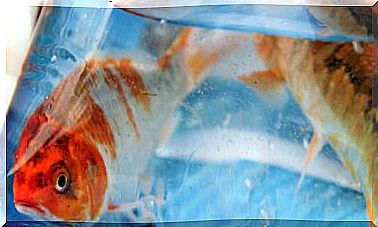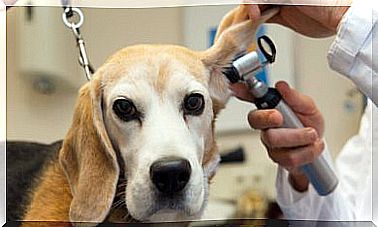The European Passport For Pets

If you are one of those who loves to travel, you live in the European Union and have animals, this information is for you. As of December 29, 2014, the legislation for traveling with pets and the European Passport for Companion Animals changed , so pay close attention.
The companion pet passport (which exclusively includes dogs, cats and ferrets ) is a way of guaranteeing the ownership of the animal by the person traveling with it and works as a certification that the animal complies with a vaccination schedule adequate and will not be a biological risk for the fauna of the country to which you intend to enter.
Requirements
The requirements vary according to the policies of the countries you intend to enter, so keep the following in mind:
Ireland, Finland, Malta, Sweden and the United Kingdom require as a requirement for the entry of pets that they are vaccinated against rabies and have been treated against the echinococcus parasite, which usually lodges in the small intestine of dogs, although it is spread through the consumption of raw viscera of cattle infested with the parasite in its larval stage. This bacteria can be transmitted to humans.
For the rest of the countries of the European Union, it is enough to have the rabies vaccine.
Where to request it

To apply for the European passport for pets, you must go to a local veterinarian, as the European Commission does not issue them directly. However, national authorities empower veterinarians to issue passports.
The veterinarian will verify the general state of health of the dog, its vaccination chart and that it has a microchip or a legible tattoo made after 2012, this is done in order to be able to relate the pet to the assigned passport. However, puppies that cannot yet be vaccinated are allowed to travel, but must meet special requirements depending on the country to which they will travel, likewise animals other than dogs, cats and ferrets will be subject to these regulations.
Some veterinarians may choose to include extra information about the pet’s health and vaccination status in the passport, also it is designed to last as long as the animal remains alive. The owner should only be aware of keeping the vaccination chart up to date, especially the rabies vaccine. This passport facilitates the transit and control of the entry of pets in terms of risk prevention, both for caregivers and for the relevant authorities.
What to do if the pet comes from a country that does not belong to the European Union?
In the case of pets that come from countries other than those that make up the European Union, the vaccination card must be used, tested three months before entry is made. In that case, a veterinarian must certify the pet’s health status through a document that will be provided at the embassy.
If an animal from the European Union spent a long period of time in a non-belonging country, it can enter with its passport as long as it is up-to-date with regard to vaccination.
Suggestions

- Keep the vaccination chart up to date with the pet.
- Tell the veterinarian about your wishes to transport your pets to a foreign country.
- Inquire about the presence of certain diseases that may not be common in the pet’s country of origin.
- Travel whenever possible by plane. This will shorten transport times, as well as reduce the stress levels that will be placed on the pet during transport.
- In case you travel in winter seasons, it is best to do it at noon, when the temperatures are most favorable for pets.
- It is very important that even if you are not traveling, your pet has a microchip or an element that allows its location in case it is lost.
- If you have the old passport, don’t worry, you can continue using it normally.








